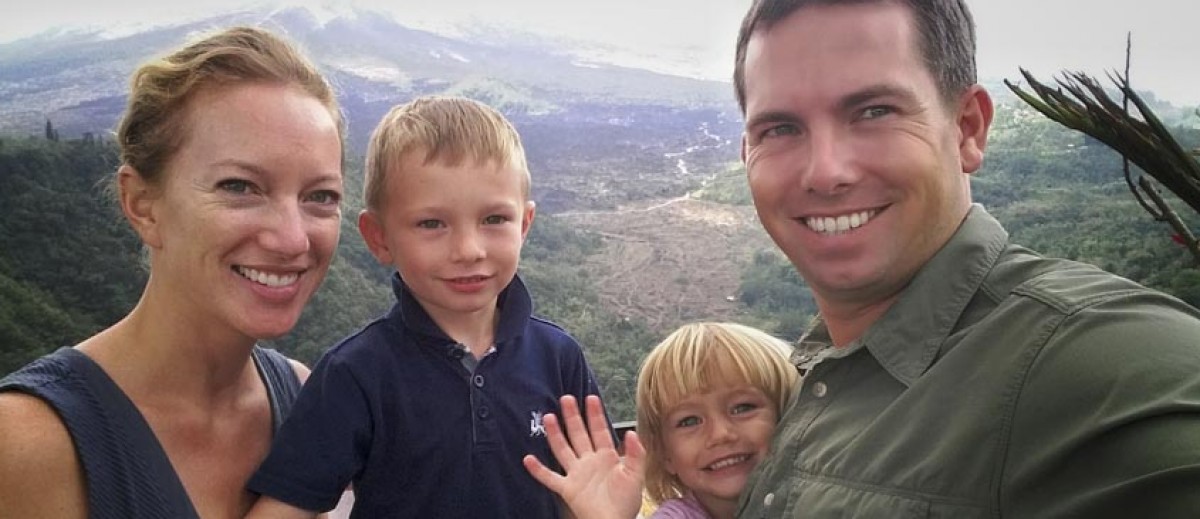The past few days, Anna and I have enjoyed an adventurous trip to Switzerland. We picked the city of Interlaken for the magnificent landscape and the variety of adventure sports it offered. The first day, we got acquainted with the city.



Next, we decided to see what type of adventure we could find. We heard that the paragliding was especially nice.
This is our group. To paraglide with tourists, you have to have a commercial rating (much like an airline pilot, but with less flight time required). So, when we got to the top of the mountain, we had the privilege of choosing our pilot. When was the last time you got to have a lineup of pilots and you choose the one who seems the most qualified?? 🙂 Fortunately, Anna and I chose wisely and we had very knowledgeable and skilled pilots to accompany us on the journey down to the valley floor.

One of the reasons paragliding is safer than sky diving is that you can inspect the chute and lay it out in the right position before you
leave the ground. When you are free falling at 120 MPH, you don’t have the same luxury. Plus, the risers can become entangled and not let the chute fully inflate. With this, all of that is avoided by a simple pre-flight inspection.


There were plenty of hang gliders launching from the same point.

This is an aerial vantage point of the launch point.

Here is Anna and her pilot flying over Lake Thun (one of the two lakes that surround Interlaken, or “between lakes”).

Here’s a solo flier that gives a better perspective of what it’s like.


This is Interlaken with Lake Brienz in the background.

Anna flying high…

Landing is always the trickiest part, especially when both people are so close together.

Here’s Anna on short final.

Touchdown.

Once back on the ground, she walked away with a little swagger in her step. 🙂

Later, we decided to take a short drive up to the Jungfrau Valley, past the little village of Lauterbrunnen.

Inside the side of the mountain, erosion from glacial runoff has created a spectacular series of waterfalls. Most are inside the mountain and small tunnels have been cut out of the rock so you can go inside and have a closer look at 10 of these beautiful waterfalls. This is just down stream from the first falls. The water still retains that blue hue of ancient glacial ice.

These images are from inside the mountain.

The water courses through the mountain at an average of 100 cubic feet per second (or about 3 cubic meters per second).







Our next adventure is a fairly new and popular European sport: Canyoning. Since it hasn’t really caught on in other parts of the world yet, let me explain what it involves. Basically you take a group of people (often the younger, “I feel like I am indestructible” types), add a couple of guides, put everyone in thick wetsuits (to ward off the bone numbing cold that comes from glacier fed streams) with life jackets, helmets and finish with a harness, then head to the nearest canyon (with a river or stream in it of course). Next comes the easy part: go from point A to point B in the canyon. Of course getting there is where the fun is. For our canyoning adventure, we hiked across stones, through the water (floating and swimming), jumped off several cliffs (not to worry though, nothing was over 30 feet), slid over natural waterslides into deep pools and rappelled off a cliff in a manner that was more like a zip line than an actual rappel.
As you can imagine, that environment is not conducive to taking pictures. So, all I have is this image from the point where we finished and had lunch.

The next stop on our itinerary (and where I am writing this from) is a little town in the Lauterbrunnen Valley called Mürren.
The next post will cover our adventures (hiking), here in this charming Swiss village where cars are not allowed.
So, until then…
–Jim
Skip to content
Our Family Story.
